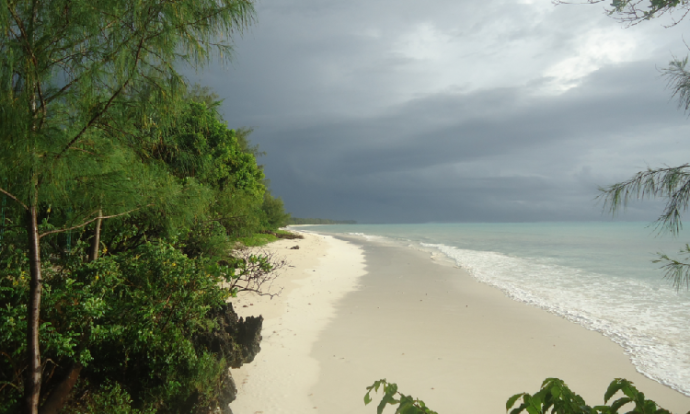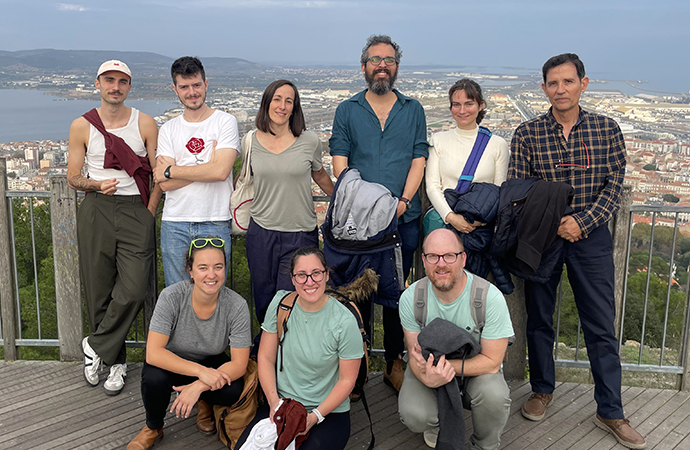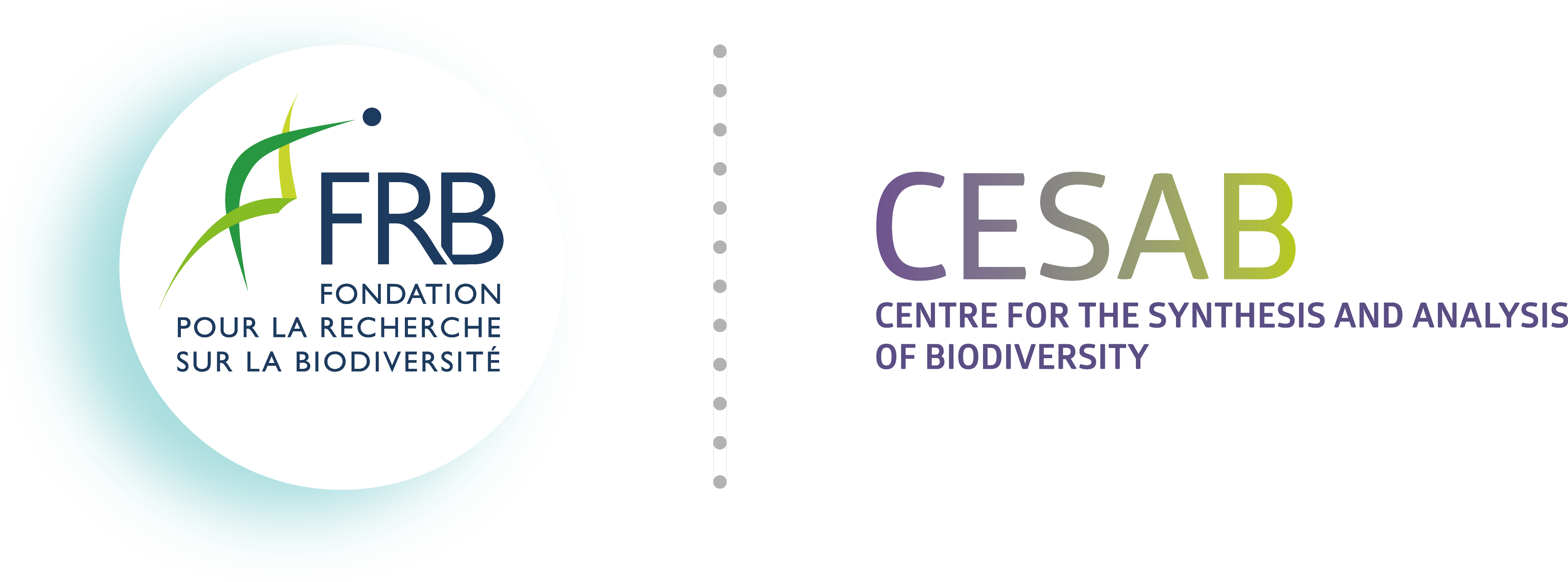RIVAGE
Revisit Island Vulnerability during the Anthropocene Geological Era
 © Céline Bellard
© Céline Bellard Islands are one of the most diverse ecosystems on our planet, with high levels of endemism, but they are also one of the most fragile. More than 80% of extinctions and over one-third of all terrestrial species facing imminent extinction occurred on islands.
Many studies investigated the causes of this decline, highlighting the exposure of islands to threats such as habitat loss, biological invasions, and climate change. However, these studies focused on specific threats or taxa. A full picture of the vulnerability of island assemblages to global change is therefore lacking.
RIVAGE project aims to fill this gap by compiling recently published global data on island vulnerability to global change for birds, plants and mammals. The objective of RIVAGE is to assess the vulnerability of island assemblages to climate change, land use change, and biological invasions. The project will bring together experts in vulnerability assessment, island biogeography, functional and phylogenetic diversity, and plant and vertebrate experts with a particular interest in macroecology and conservation.
Finally, RIVAGE will provide guidance on conservation priorities for islands based on multiple decision scenarios.

The RIVAGE group during its second workshop in November 2024.

PIs:
Céline BELLARD – Paris Saclay University (France)
Ana BENÍTEZ LÓPEZ – University of Granada (Spain)
Post-doc:
RIVAGE was selected from the 2022 call for proposals. The project selection process was carried out by a committee of independent experts.
[02] Marino C, Journiac L, Liu C, Jeschke JM & Bellard C (2024) The anthropocene biogeography of alien birds on islands: Drivers of their functional and phylogenetic diversities. Ecology Letters, 27, e14465. DOI: 10.1111/ele.14465.
[01] Marino C, Leroy B, Latombe G & Bellard C (2024) Exposure and sensitivity of terrestrial vertebrates to biological invasions worldwide. Global Change Biology, 30, e17607. DOI: 10.1111/gcb.17607.